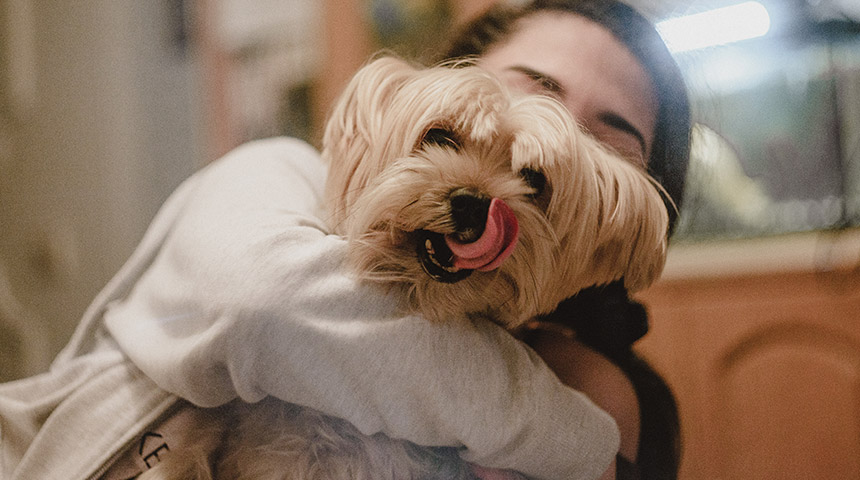Humans aren’t the only ones who like chocolate. Our pets are chocolate lovers too and, given the opportunity, they can consume a surprising amount of this sweet treat.
Unfortunately, chocolate ingestion is the most common cause of pet poisoning, especially around Christmas, Valentine’s Day and Easter. Chocolate contains theobromine and caffeine. These two substances are methylxanthines, which are highly toxic to dogs. Generally speaking, the higher the cocoa content in the chocolate, the more toxic it is to the animal. Therefore, 70 per cent unsweetened chocolate is much more toxic than white chocolate.
Depending on the amount ingested and the dog’s weight, chocolate consumption could result in a serious medical emergency. In fact, poisoning can cause gastrointestinal symptoms like vomiting and diarrhea, as well as much more serious problems like pancreatitis, overstimulation, tremors, seizures, and tachyarrythmia (irregular and fast heart rhythm). It can even be fatal in the absence of immediate medical treatment.
If your dog eats chocolate, it is important to call a veterinarian quickly, and be prepared with the facts: ingredients and amount ingested. The veterinarian will then be able to determine the toxicity level and necessary care, which might include the induction of vomiting and the administration of activated charcoal in a clinical setting, as well as hospitalization for support treatment and medical monitoring.
Dr. Raphaëlle Cadrin, v.m.





